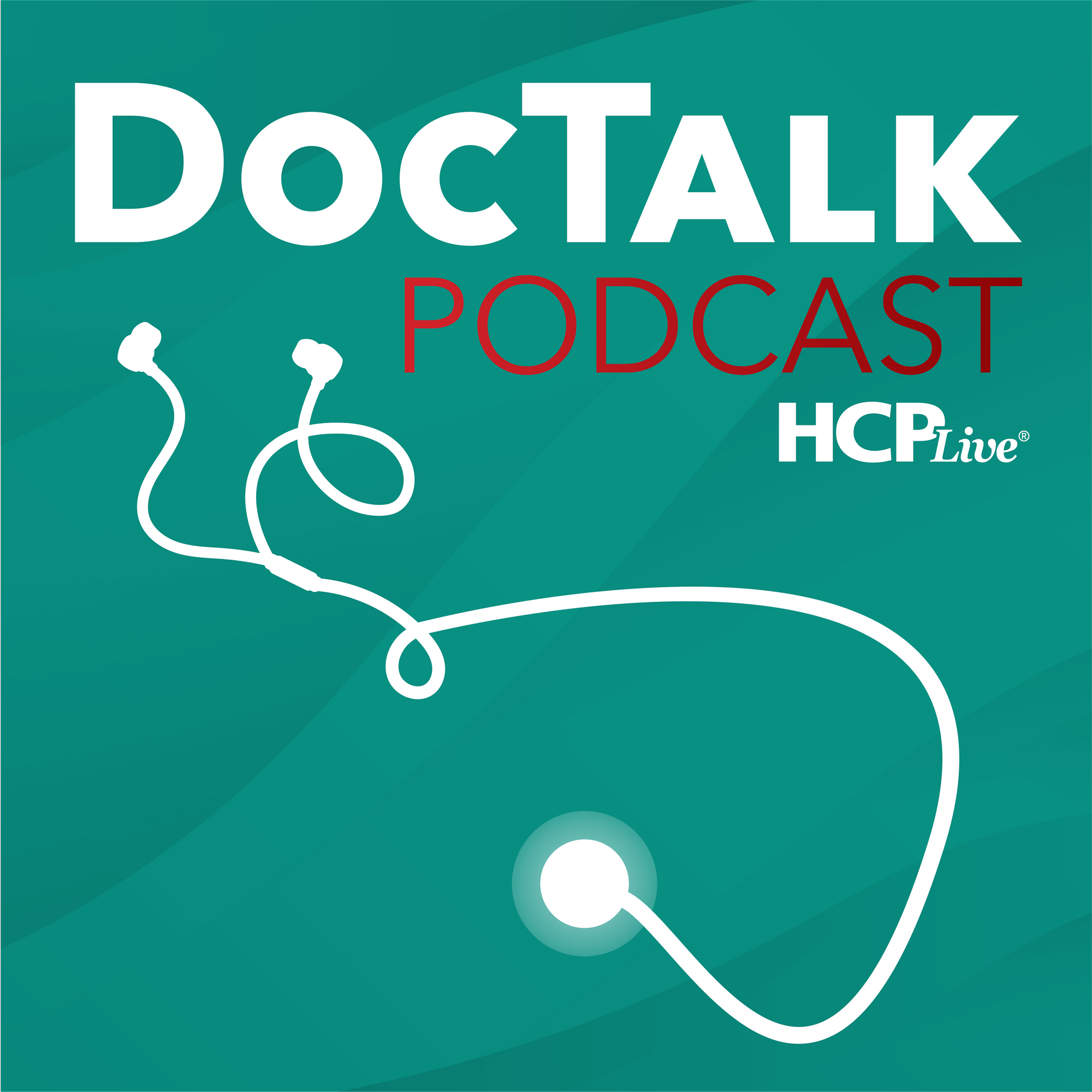Video
Markus Boos, MD, PhD: Atopic Dermatitis Connections to Climate Change, Environmental Factors
Author(s):
A discussion with the moderator of the Global Parents for Eczema Research symposium regarding climate change and the effects of fire, drought, airborne pollution on atopic dermatitis.
During his interview with HCPLive, Markus Boos, MD, PhD, attending pediatric dermatologist for Seattle Children's Hospital and Associate Professor for the Department of Pediatrics at the University of Washington School of Medicine, spoke about climate change and its effects on atopic dermatitis (AD).
Boos highlighted some of the effects of airborne pollution, fire, and drought on children in danger of developing eczema, the topic in the upcoming Research Symposium being held by Global Parents for Eczema Research on November 2.
The interview explored the dangers of exposure to small particulate air pollution and oxidative stress for children with regard to developing or exacerbating AD.
“So whether it is trees burning or burning gasoline, we have evidence in the medical literature that that sort of contact between those particles in our skin will directly contribute to flares.”
“So, you know, just by way of example, there was a study done in Germany that looked at the prevalence of eczema or eczema symptoms, as well as other allergic diseases and plotted that against how close that family lived to a major, or freeway, or the Autobahn,” he said. “And the closer the families were, the greater the prevalence of these atopic conditions in the community.”
Boos described the immediate environmental effects felt by eczema patients in various types of climates, adding that more dramatic weather events may also lead to less obvious consequences relating to AD.
“And then there's the other aspect in the sense, like, let's say there is a natural disaster…and you have to evacuate, you're leaving town at the last minute you forget your medicine at home and you lose your house and all your meds are in there, you don't have the things that you normally rely on to treat your skin condition too,” he said.
When asked how those with AD may better manage exacerbations, improve moisturization, and generally address the effects of their conditions, Boos addressed examples of ways in which dermatologists may respond.
“I can tell you what I do in my practice, which is primarily, you know, the way that I think about it is we have these small particles on our skin, we can't necessarily see them, but we know that they're there, we're breathing them.”
“And we sense that,” he said. “And so it stands to reason to me that, like, if we can get those off your skin, that's gonna be really helpful. And so typically, when I'm talking with families, because like, you know, if your child normally bathes, let's say twice a week, and I'd say like, make sure that you rinse off every night just to like, get that off of you and use a moisturizing celebrate. So we don't want something that's going to strip the skin of its natural lipids, but a moisturizing soap or synthetic detergent that's more gentle on the skin and can help remove those particles.”
To find out more about the topics covered in the upcoming Global Parents for Eczema Research symposium, view the interview above.





